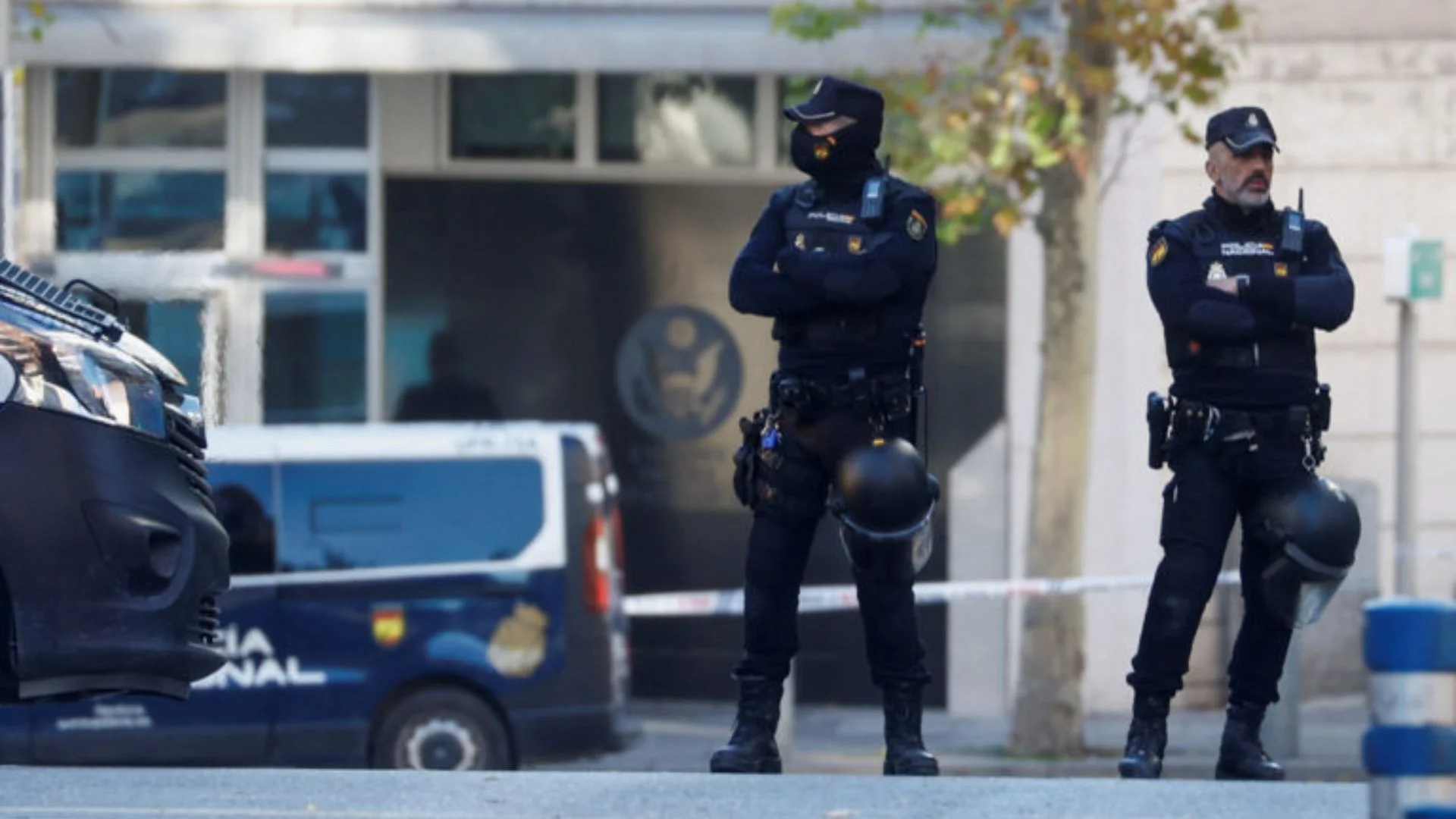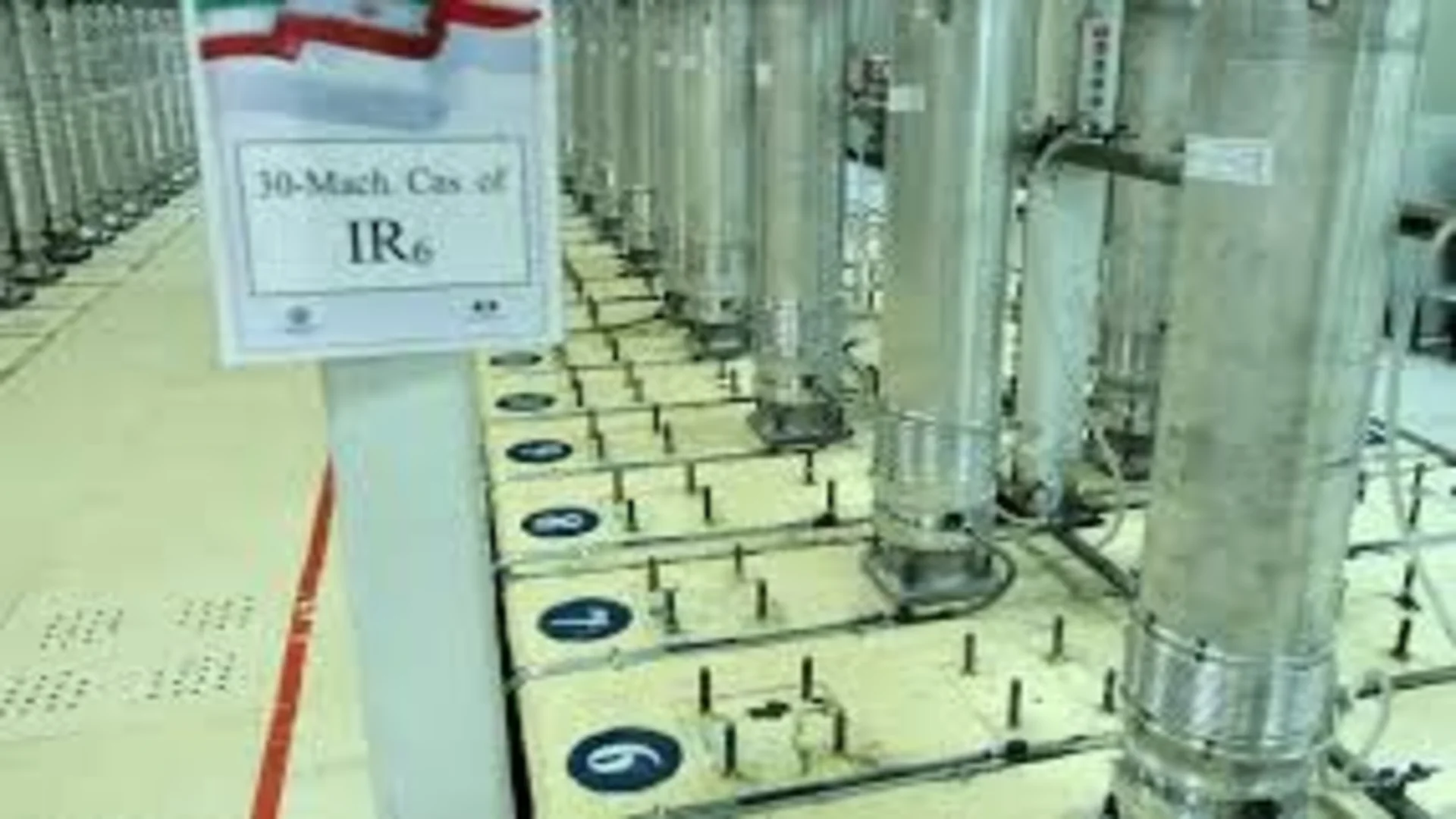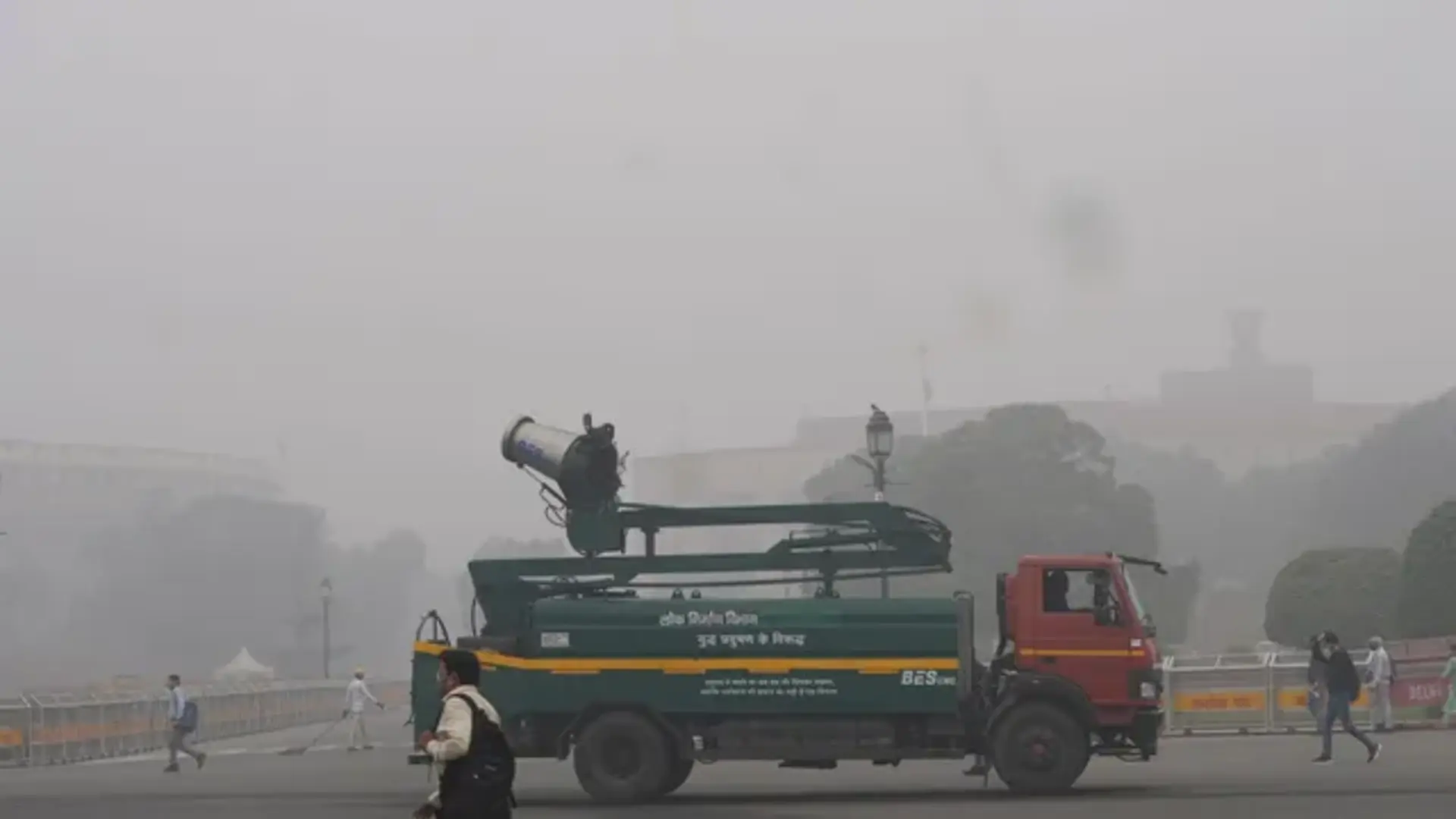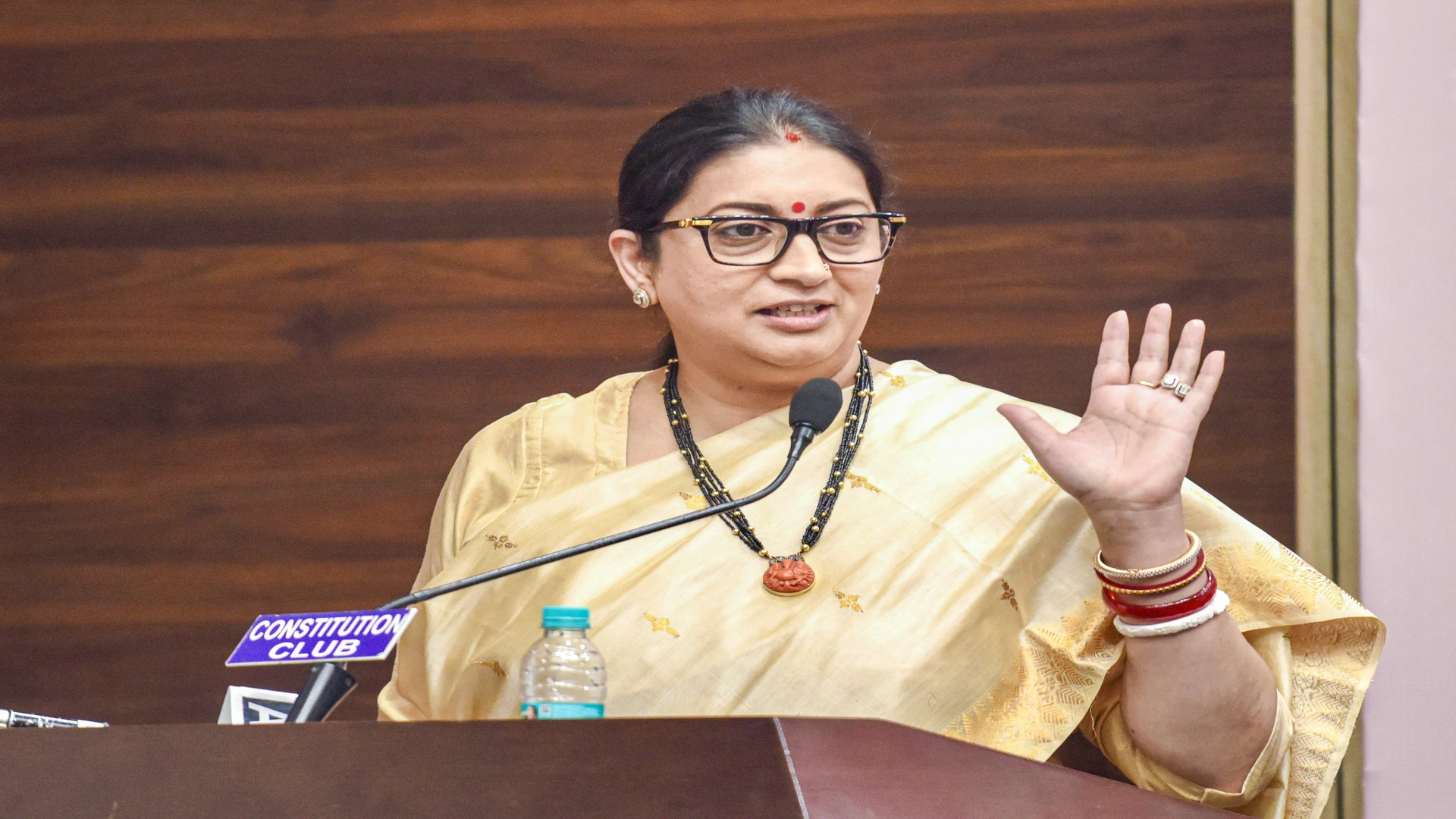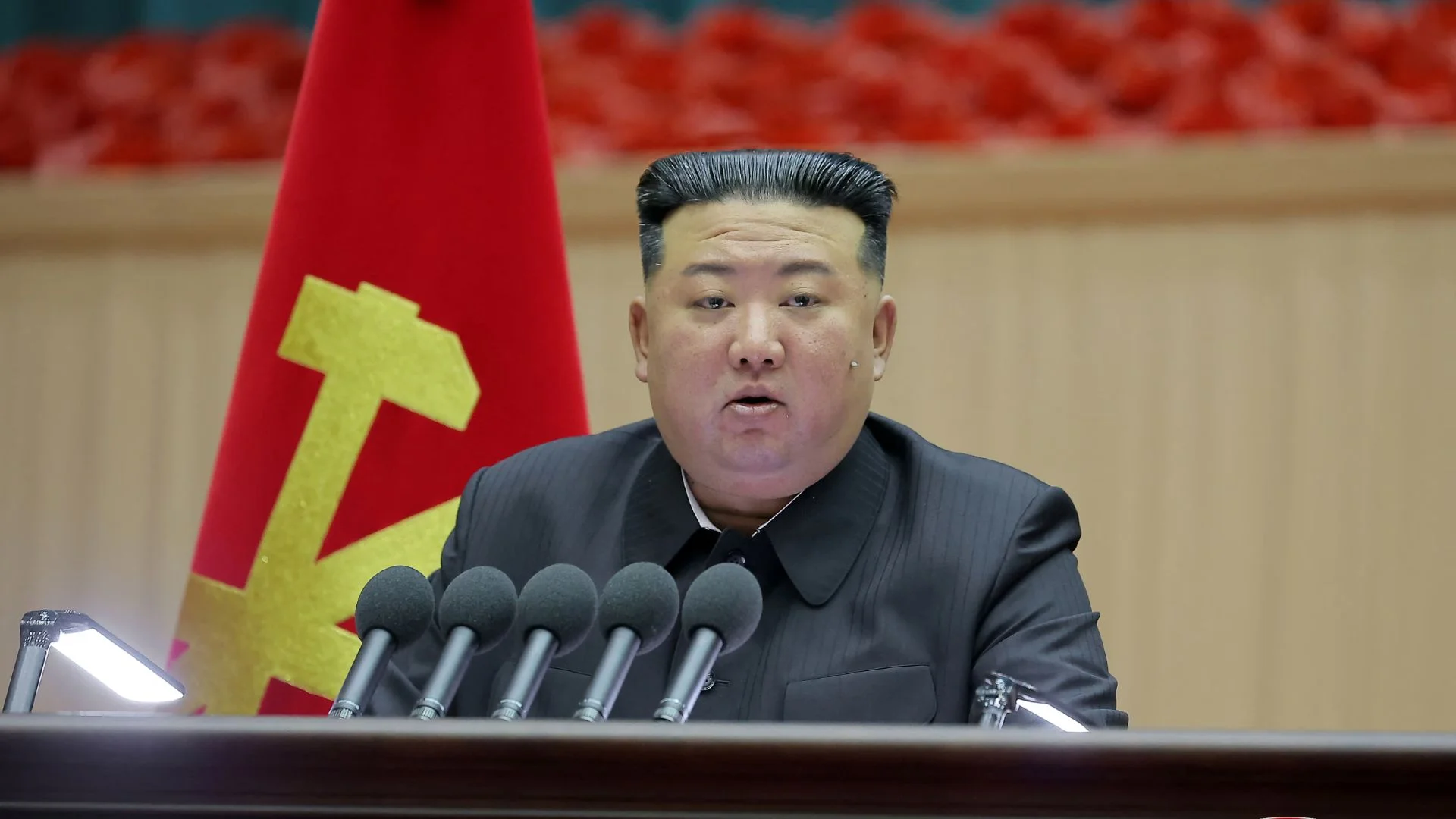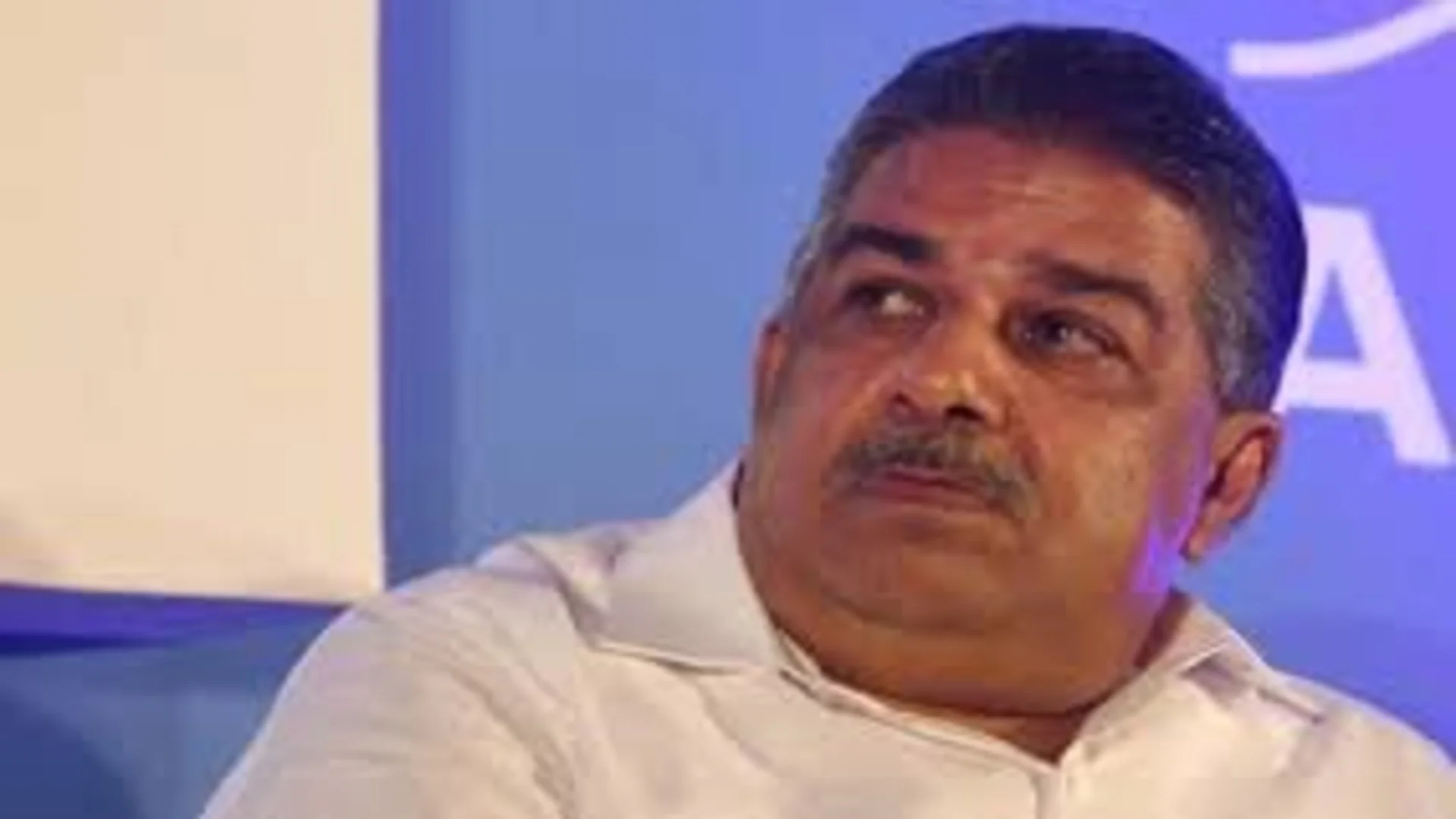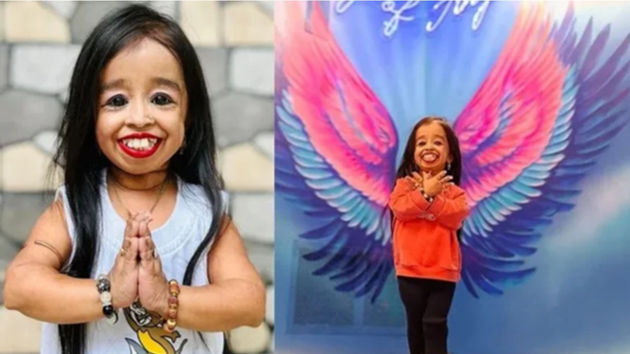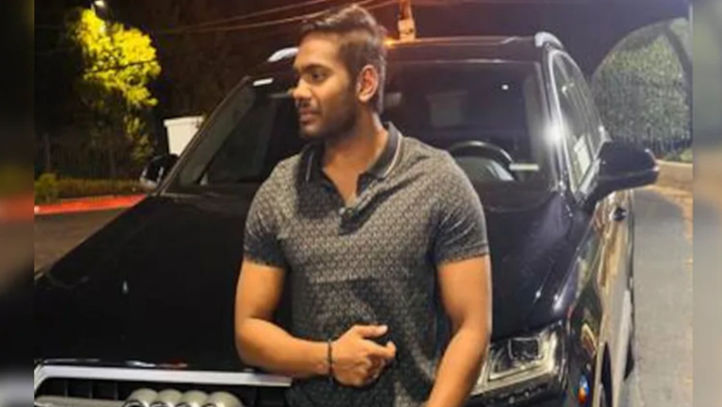
While not leaving even a scintilla of doubt of any kind, the Delhi High Court has in a most learned, laudable, landmark and latest judgment titled Karan Antil vs High Court of Delhi & Ors in W.P.(C) 3467/2023 & CM APPL. 13507/2023 and cited in 2023 LiveLaw (Del) 300 that was pronounced as recently as on April 10, 2023 has minced just no words to rule that the eligibility criterion of seven years of continuous practice as an advocate to be appointed as a District Judge as set out in Rule 9(2) of the Delhi Higher Judicial Services (DHJS) Rules, 1970 or Article 233(2) of the Constitution of India, does not require any inquiry into the actual area of practice as an advocate. It must be noted that the Division Bench of Hon’ble Mr Justice Vibhu Bakhru and Hon’ble Mr Justice Amit Mahajan was dealing with a writ petition challenging the selection of a candidate in the Delhi Higher Judicial Services (DHJS) on the ground that the time period spent by him in pursuing a full time Master’s program in law cannot be considered as a period during which he was in active practice as an advocate. While referring to the Resolution No. 160/2009 of the Bar Council of India (BCI), as per which the practicing advocates can join an LLM course as a regular student without suspending the practice, the Court said that since the candidate’s practice as an advocate was not suspended during the said period, he did not fail the eligibility criteria for being appointed in the DHJS. Most crucially, the Court also unequivocally held that the enrolment of a person as an advocate and grant of certificate is synonymous to him being in practice of law.
At the very outset, this remarkable, robust, rational and recent judgment authored by Hon’ble Mr Justice Vibhu Bakhru for a Division Bench of the Delhi High Court comprising of himself and Hon’ble Mr Justice Amit Mahajan sets the ball in motion by first and foremost putting forth in para 1 that, “The petitioner has filed the present petition impugning the Notification No. F.1/10/2022-Judl./Suptlaw/213-220 dated 31.01.2023 appointing thirty-two persons (listed in the order of merit) as members of the Delhi Higher Judicial Services (hereafter ‘the DHJS’) against permanent posts. The petitioner, essentially, assails the inclusion of the names of respondent nos. 2 to 5 in the select list of candidates who have been offered appointment in the DHJS.”
As we see, the Division Bench then states in para 2 that, “The petitioner had also appeared for the Delhi Higher Judicial Services Examination – 2022 (hereafter ‘DHJSE-22’) along with other candidates and is placed at serial no.36 in the order of merit. The petitioner has not been appointed in the DHJS as the number of vacancies under the general category are limited to thirty-two.”
As things stand, the Division Bench then mentions in para 3 that, “Respondent no.6 is placed at serial no.33 in the order of merit but has joined Uttar Pradesh Higher Judicial Service and is no longer interested in seeking appointment in the DHJS. However, another candidate, Aashish Rastogi, who was considered disqualified for being appointed, has prevailed in his challenge to being considered disqualified. In terms of the order dated 17.03.2023 passed in his petition – Ashish Rastogi v. Hon’ble High Court of Delhi & Anr. WP(C) No. 15705/2022 decided on 17.03.2023 – he is now required to be placed at serial no.17 in the order of merit in the select list.”
Do note, the Division Bench notes in para 4 that, “It is also relevant to note that the candidate placed at serial no.5 in the select list (Sh. Murari Singh) has since withdrawn his candidature.”
To put things in perspective, the Division Bench envisages in para 5 that, “In view of the above, the petitioner stands at serial no.35 in the order of merit in the select list and seeks directions for his appointment in the DHJS. In the aforesaid context, the petitioner seeks to challenge the selection of respondent nos. 3 to 5. The petitioner’s challenge to selection of respondent no.3 is premised on the ground that respondent no.3 had not qualified the DHJS Mains (Written) Examination as his marks in Law Paper-III were one mark less than the qualifying threshold; respondent no. 3 was declared qualified by virtue of the notice dated 13.10.2022, whereby additional 0.5 in the paper of General Knowledge & Language and one mark in the paper of Law-III were awarded to all candidates who appeared in the DHJS Mains (Written) Examination. The petitioner impugns the said notice dated 13.10.2022 awarding additional marks as being illegal and contrary to the Delhi Higher Judiciary Services Rules, 1970 (hereafter ‘the DHJS Rules’). The petitioner assails the selection of respondent nos.3 and 4 on the ground that they do not satisfy the eligibility criteria of seven years of continuous practice as on the last date of receipt of application. According to the petitioner, respondent no.4 was ineligible to apply as he was engaged as a legal consultant on contractual basis with the Department of Legal Affairs during the period 06.03.2017 to 12.09.2019. The eligibility of respondent no.5 is questioned on the ground that he had pursued a full time Master of Law Program at the University College London (UCL) during the period September, 2015 to June, 2016. Thus, the continuous period of practice for respondent no.5 was required to be reckoned from June, 2016.”
Briefly stated, the Division Bench while dwelling on the factual context specifies in para 8 that, “8.6 The DHJS Preliminary Examination was held on 03.04.2022 and its results were declared on 22.04.2022. In all one thousand nine hundred and nine (1,909) candidates appeared for the said examination and one hundred and forty (140) candidates secured the minimum qualifying marks. Out of the aforesaid candidates, one hundred and twenty-three (123) candidates were from the general category.
8.7 The DHJS Mains (Written) Examination was held on 14.05.2022 and 15.05.2022. The results of the said examination were declared on 26.08.2022. Those candidates who qualified the said written examination were admitted to viva voce.
8.8 On 13.10.2022, the DHC issued a notification awarding additional 0.5 marks in the paper of General Knowledge and Language and one additional mark in Law Paper-III to all candidates who had appeared for the DHJS Mains (Written) Examination. By virtue of the additional marks, three additional candidates including respondent no.3, qualified the DHJS Mains (Written) Examination and were admitted to viva voce.
8.9 The final results of the DHJSE-22 were declared on 10.11.2022. On 31.01.2023, the notification appointing the selected candidates – which is impugned in this petition – was published by the Government of National Capital Territory of Delhi.
8.10 Respondent no.5 did exceedingly well in the DHJSE-22 and secured the first position in the order of merit. He is, accordingly, placed at serial no.1 in the merit list as well as in the select list of candidates as notified on 31.01.2023.
8.11 Respondent no.5 had graduated in law from the National University of Juridical Science, Kolkata in March, 2008. He performed well in the said course as well and was awarded three gold medals in the subject of constitutional law and jurisprudence. He enrolled as an advocate with the Bar Council of India on 05.07.2008 and commenced his practice. There is no dispute that he has been in active practice in the Supreme Court and has appeared in a number of matters.
8.12 Respondent no.5 pursued the Master of Law Program at the University College London (UCL) from 23.09.2015 to 06.06.2016.”
Quite pertinently, the Division Bench stipulates in para 9 that, “The principal question to be addressed is whether respondent no.5 fails to satisfy the eligibility criterion as set out in Rule 9(2) of the DHJS Rules which requires the candidate to “have been continuously practicing as an Advocate for not less than seven years as on the last date of receipt of the application.””
Be it noted, the Division Bench notes in para 20 that, “There was no material difference between the eligibility criteria as set out for an advocate under Article 233(2) of the Constitution of India and Rule 9(2) of the DHJS Rules. In terms of Article 233(2) of the Constitution of India, any person who has been an advocate for not less than seven years, is eligible to be appointed as a District Judge. It is implicit that the term ‘advocate’ would mean a person who is in practice as an advocate. We are not persuaded to accept that there is a difference between a person who is an advocate, and a person who has practiced as an advocate.”
Most significantly, the Division Bench minces absolutely no words to hold in para 48 that, “The profession of law has expanded manifold. It is not confined to acting or pleading before a court of law. The profession of law has many facets, which include drafting of submissions, drafting of regulatory filings, representation before various tribunals or authorities, assistance in regulatory compliance, amongst others. The eligibility criterion of being in practice for seven years does not require any inquiry into the actual area of practice of an advocate. If a person is enrolled as an advocate for a period of seven years prior to the date of the application, he would satisfy the eligibility criteria unless it is established that he was not entitled for being so enrolled as an advocate; had suspended his practice either voluntarily or otherwise; or had accepted an engagement or vocation, which was impermissible as an advocate.”
It is worth noting that the Division Bench notes in para 49 that, “In the present case, respondent no.5’s practice, as an advocate, was not suspended during the period when he was pursuing the Master of Law Program. By virtue of Resolution No. 160/2009 passed by the Bar Council of India, he was not required to suspend his enrolment as an advocate on account of pursuing the said full-time course.”
As a corollary, the Division Bench mandates in para 54 that, “In view of the above, we find no merit in the petitioner’s challenge to the appointment of respondent no.5 in the DHJS.”
Furthermore, the Division Bench directs in para 55 that, “In view of the above, the petitioner’s prayer that the DHC be directed to appoint him in the DHJS must also fail. It is not necessary for this Court to consider the petitioner’s challenge to the appointment of respondent nos. 3 and 4 to the DHJS.”
Finally, the Division Bench concludes by holding in para 56 that, “The petition is, accordingly, dismissed. The pending application is also disposed of.”
In sum, we thus see quite clearly that the Delhi High Court has been most unequivocal in asserting that pursuing Masters degree in law doesn’t constitute a break in practice. It was also made clear by the Court that suspension of enrolment is not required in such cases. No denying it!

